Ulster Volunteer Force
A BRIEF HISTORY OF THE UVF
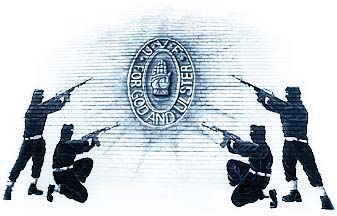
A BRIEF HISTORY
OF THE UVF.
The Ulster Volunteer Force was mobilised as a
Protestant/Unionist militia in 1912 to oppose Home Rule - the campaign for a
separate Irish parliament.
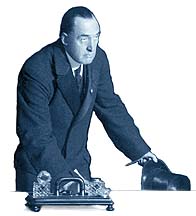
Taking as its motto "For God and Ulster", the organisation
was ridiculed at first for parading with dummy weapons. But two years later it
became a force to be reckoned with when the Clyde Valley ship landed a cargo of
weapons in Northern Ireland.
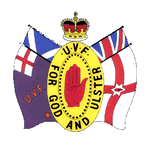
The threat of Home Rule dissipated with the start of the
First World War when thousands of UVF members formed the 36th (Ulster) Division
to fight alongside the British Army. In July 1916 the Division was given the
fateful order to go over the top at the Somme. In two days, 5,500 soldiers were
killed or injured and four Victoria Crosses awarded for valour.
To read more on Billy McFadzean Click Here
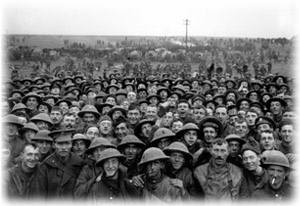
But the men of the UVF were engaged in a more parochial
conflict on their return. In the early 1920s they fought against anti-partitionist
nationalists in Londonderry and Belfast as violence marred the formation of the
new Northern Ireland state. In one year, 1922, 232 people were killed and about
1,000 injured. It was the worst sectarian conflict for a century.

Order was restored and little was heard of the UVF until more
than 40 years later. In May 1966, a statement signed by Captain William Johnston
of the Ulster Volunteer Force was issued to the media in Northern Ireland. It
threatened war against the IRA.
“From this day, we declare war against the IRA and its
splinter groups. Known IRA men will be executed mercilessly and without
hesitation. Less extreme measures will be taken against anyone sheltering or
helping them, but if they persist in giving them aid, then more extreme measures
will be adopted. We solemnly warn the authorities to make no more speeches of
appeasement. We are heavily armed Protestants dedicated to this cause.”
Banning the organisation in 1966, NI Prime Minister Capt
Terence O'Neill described the UVF as "this evil thing in our midst" and said it
had misappropriated the title of the original organisation.
Although those who resurrected the organisation in the 1960s
would argue that they were still defending the union with Britain, successive
governments have regarded the UVF as simply an illegal loyalist group.
During the early days of the Troubles it was run on regular
Army lines with companies, battalions and 'officers' bearing Army ranks. Its
arsenal included Browning, Bren, Sterling and Thompson machine guns.
During the 1980s the UVF was undermined by a series of
informers whose evidence led to many members appearing in court. Although the
supergrass system eventually failed, the IRA used the arrests to target UVF
members, several of whom were shot dead.

In 1974 there was a shortlived attempt to wean the
organisation away from violence. The then Secretary of State Merlyn Rees lifted
the ban on the UVF to encourage it to engage in politics. The Volunteer
Political Party emerged and its chairman contested the West Belfast seat in an
election. He polled only 2,690 votes and the party disappeared as quickly as it
had appeared.
Ironically, an end to the UVF's terror campaign was announced in 1994 by the man
who began it - Gusty Spence, now released from prison. He read out the statement
from the Combined Loyalist Military Command which said that the main loyalist
paramilitary groups were calling a ceasefire. Apart from a few breaches, the
ceasefire still holds today.
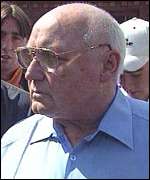
The UVF now has a political voice, the Progressive Unionist
Party, which prefers to say that it has "an insight into UVF thinking". The
party was one of those engaged in the peace talks between unionists,
nationalists, loyalists and republicans at Stormont.
